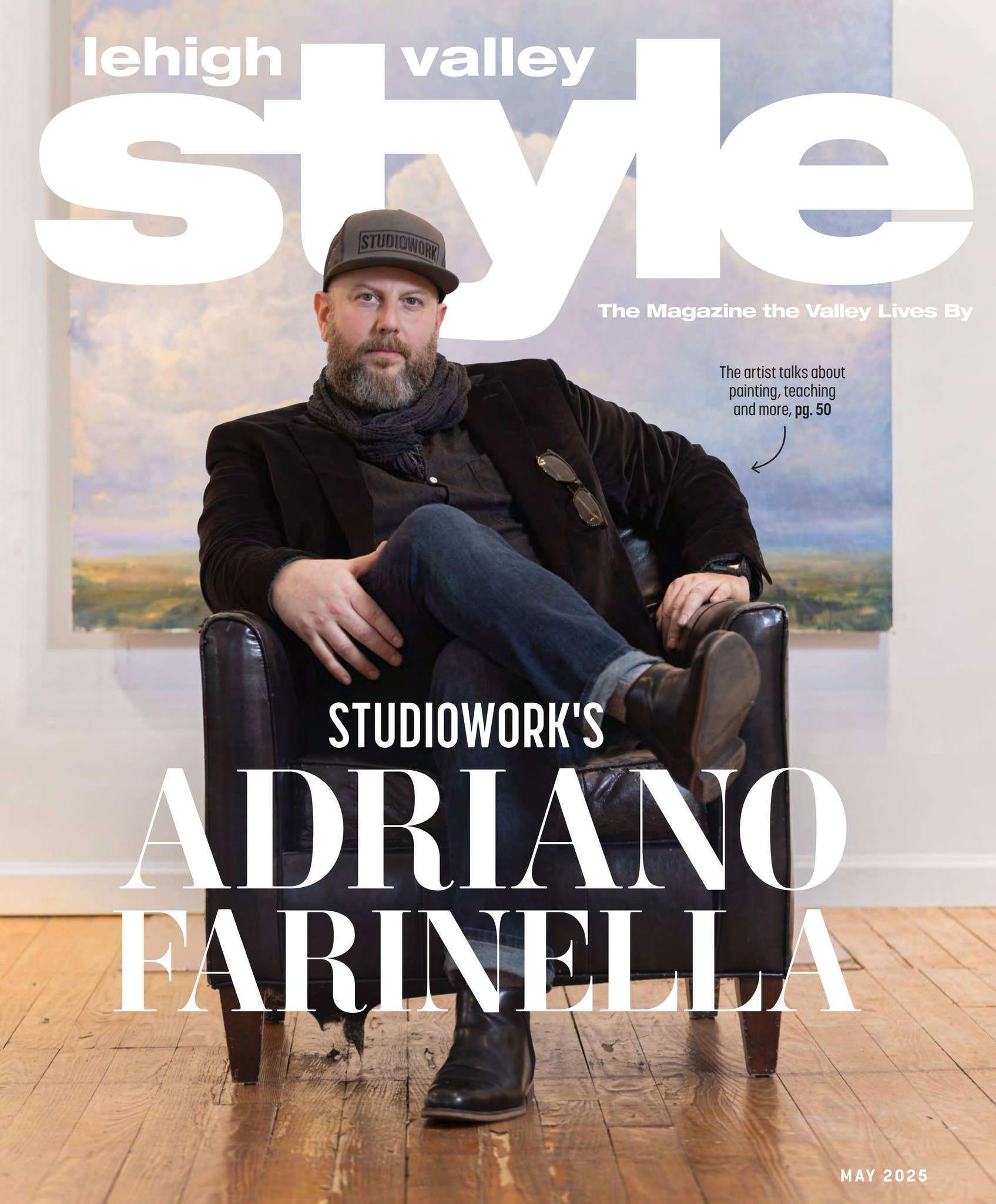
Russell Fletcher founded This Life Forever in 2008, and has grown to be a highly reputable, beloved spirits producer in the area as well as the first Black distillery owner in the state. “It never made me feel different because my focus has always been on producing a top-tier, award-winning product rather than categorizing myself based on race,” says Fletcher. “It is my responsibility to be a lighthouse not only in my industry, but also for other diverse entrepreneurs, both men and women.”
The work Fletcher does is truly admirable, and he prides himself on creating a product that people genuinely love. Mishka Premium Vodka is Fletcher's baby. It comes in two flavor flagships, Mishka Honey and Mishka Cranberry as well as one unflavored Mishka Premium.
What started as an experiment in Allentown has turned into a well-known product around the Valley. Mishka Premium Vodka can be purchased at Fine Wine & Good Spirits stores in the area as well as at independent vodka bars at Musikfest and behind home plate at Coca-Cola Park.
Currently, Fletcher is working to open his first brick-and-mortar location in Allentown. “As an entrepreneur, you couldn't ask for a better opportunity,” he says. “And as an individual, the Valley is the perfect place to start and raise a family, as my wife Tetyana and I are doing.”
Published as "Voices of the Valley" in the July 2022 edition of Lehigh Valley Style magazine.















